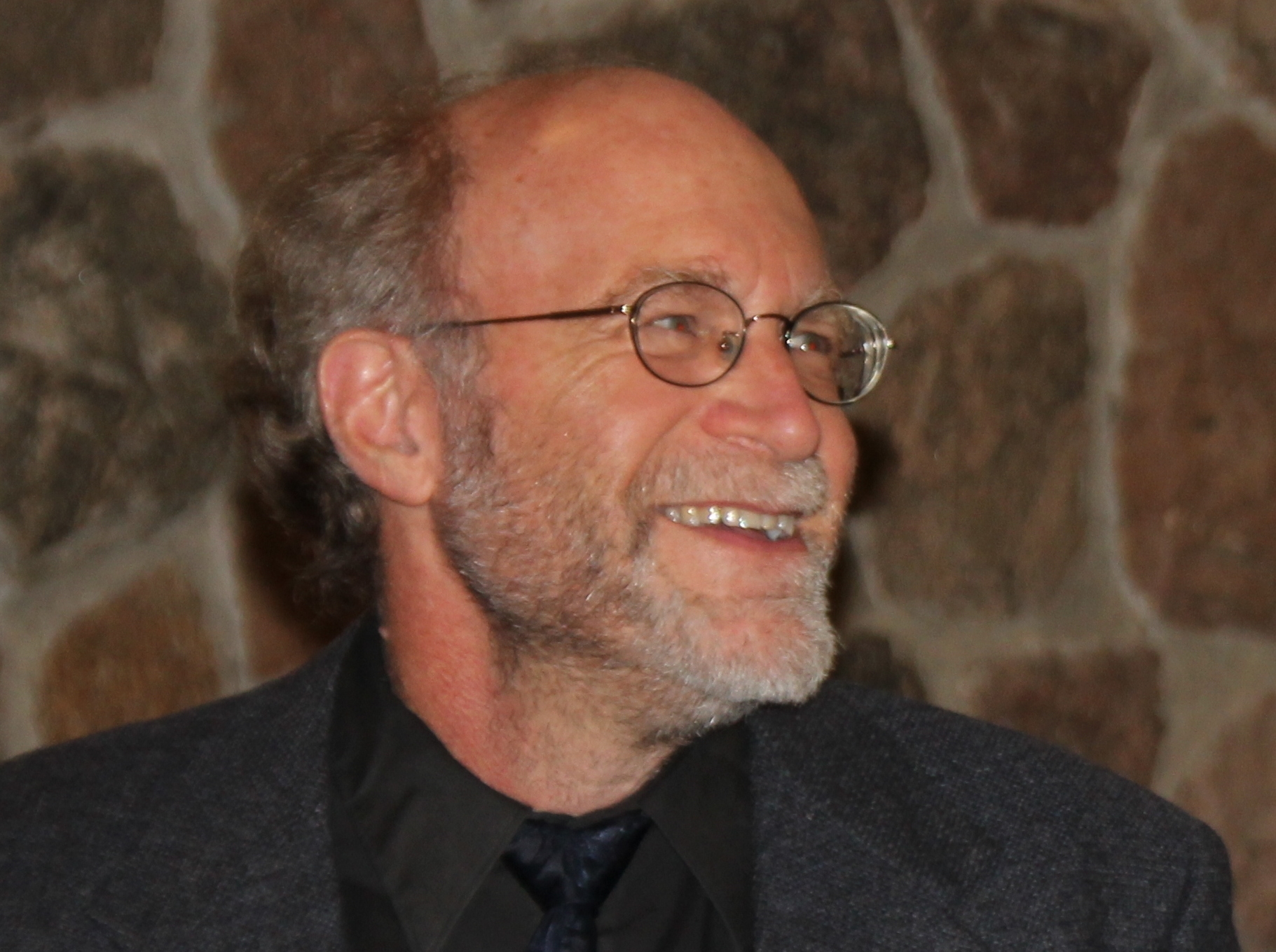As our regular readers know, the Journal of Mennonite Writing tends to feature special issues, sometimes thematic, sometimes focusing on events like writing conferences. When editors Ann Hostetler and Jeff Gundy, after a rather long lull after the 2022 conference issue, started talking about what might be next, they began looking through a large number of recent Mennonite books, and hit on the idea of sending around a set of interview questions to authors of works published since the 2022 conference, asking for their responses and, if possible, brief excerpts from the books in question.
We got quick, enthusiastic responses from almost everyone we queried—so many that we will be publishing them in two issues of the journal. This issue includes the books published through 2023; the next, which will follow shortly, will feature 2024 books. Some were laconic, others expansive, but we think readers will find them all revealing, and hope they will send you to the books themselves.
The interviews form a fascinating cross-section of recent Mennonite writing, including poetry by Kasdorf and Jesse Nathan, critical texts by Ervin Beck, Casey Plett, and Robert Zacharias, fiction by Carrie Snyder and Sarah Klassen, and memoir by Diana R. Zimmerman. (As readers will discover, and the list of titles hints, these categories are inexact and fail to capture the rich mix of voices and perspectives herein.) Included are four Canadians and five Americans, first books and much later books, elders and upstarts and mid-career experts, books from major presses and small independent ones, time-tested and experimental forms, styles, and modes.
An unexpected but welcome exception to interviews structured around our questions is Julia Spicher Kasdorf’s wide-ranging conversation with Janet Kauffman. “Here is an author who had helped me to figure out how to be a Mennonite writer—but that was so long ago, I’d almost forgotten about her,” Kasdorf notes. Kauffman’s work was included in A Cappella, Ann Hostetler’s 2003 anthology of Mennonite poets, and her challenging multimedia work The Violence of Plowshares was featured at the 2006 Mennonite/s Writing conference in Bluffton; we are delighted to bring renewed attention to Kauffman’s innovative, ecologically engaged work, and the four innovative books she produced during the pandemic.
Any gathering like this can be no more than a snapshot of the ongoing, diverse panoply of Mennonite writing; we make no claims of being exhaustive or objective. But we do believe all these books and their authors are worthy of your attention, and we hope you will start here but go on to find the ones that speak most to you. And some might even make your hoiday shopping gift list!
